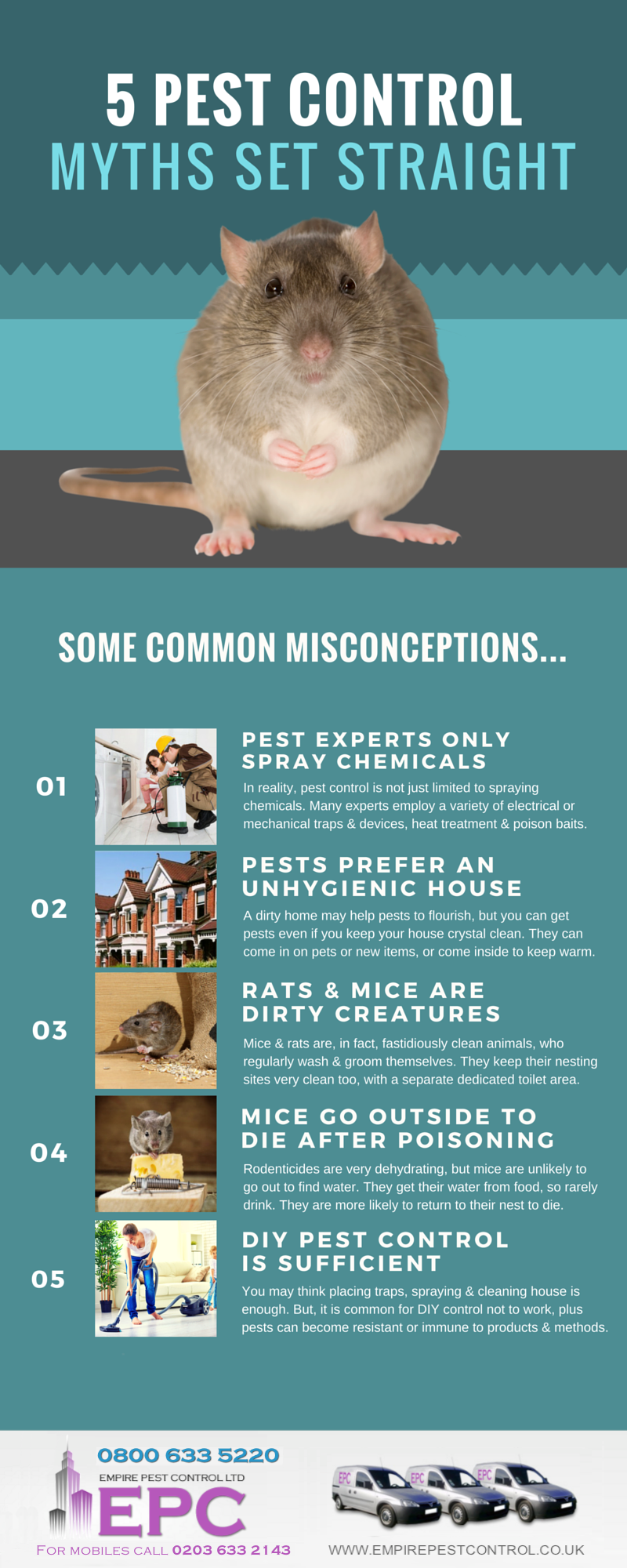Pest-Proofing Your Garden: Tips For Keeping Exterior Parasites Away
Pest-Proofing Your Garden: Tips For Keeping Exterior Parasites Away
Blog Article
Short Article Created By-Frandsen Qvist
Envision your yard as a haven, an area of harmony and charm. However, the presence of outdoor insects can rapidly interrupt this ideal image. What if there were straightforward yet reliable means to keep these unwelcome site visitors away and protect your yard sanctuary? By complying with a few practical ideas and applying natural methods, you can create an unified exterior space where your plants can prosper undisturbed.
Natural Insect Deterrents
To maintain bugs far from your garden naturally, plant fragrant natural herbs like mint and lavender. These aromatic plants not only include elegance to your garden yet also serve as effective parasite deterrents. Pests like insects, flies, and also some garden-damaging pests are warded off by the strong scents released by these natural herbs. Just putting click here now around your yard can help create an all-natural barrier versus undesirable parasites.
Along with mint and lavender, take into consideration planting other herbs like rosemary, basil, and lemongrass to additionally improve your garden's pest-proofing capacities. These natural herbs not only act as natural repellents however likewise have the added benefit of serving in cooking or crafting self-made solutions.
Strategic Plant Positioning
Consider the format of your yard and the kinds of plants you need to strategically position them for optimum pest-proofing efficiency.
Begin by organizing plants with comparable resistance to pests together. By doing this, you can produce a natural obstacle that discourages parasites from spreading throughout your garden.
Furthermore, putting pest-repelling plants like marigolds, lavender, or mint near more vulnerable plants can aid shield them. Tall plants, such as sunflowers or corn, can serve as a shield for shorter plants against bugs like rabbits or ground-dwelling pests.
Keep in mind to leave sufficient space between plants to boost air flow and lower the risk of illness that pests may lug.
In addition, think about planting strong-smelling herbs like rosemary or basil near prone plants to perplex bugs' senses and make it harder for them to find their targets.
Reliable Pest Control Techniques
For combating garden bugs efficiently, applying a multi-faceted parasite control strategy is essential. Beginning by motivating all-natural killers like birds, ladybugs, and hoping mantises to help maintain parasite populaces in check. Introducing https://how-do-you-remove-a-snake51628.blogolenta.com/23988169/discover-the-covert-intruders-beyond-bed-bugs-in-your-house-intimidating-your-space-in-unexpected-means-remain-educated-to-guard-your-haven that draw in these helpful bugs can assist in bug control. Furthermore, exercising good yard hygiene by eliminating particles and weeds where bugs might conceal can make your garden less friendly to unwanted visitors.
Take into consideration making use of physical barriers such as row cover materials or netting to shield prone plants from parasites like caterpillars and birds. Using organic chemicals like neem oil or insecticidal soap can also work against specific bugs while being much less dangerous to advantageous bugs and the environment. It's important to rotate your plants each period to prevent the accumulation of insect populaces that target specific plants.
Regularly evaluate your plants for indications of insect damage so you can do something about it quickly. By incorporating these techniques and remaining alert, you can efficiently regulate yard bugs and delight in a successful, pest-free garden.
Verdict
So, there you have it - with the appropriate strategies, you can keep pesky outside bugs far from your yard and assist your plants flourish.
Did you recognize that growing mint has been revealed to fend off mosquitoes and other pests, decreasing the need for dangerous pesticides by as much as 60%?
By including all-natural deterrents and clever growing techniques, you can create a beautiful and pest-resistant garden sanctuary for you to appreciate.
